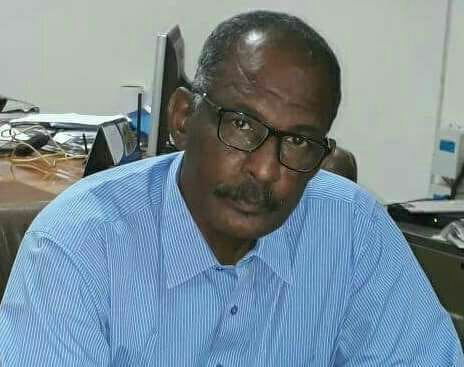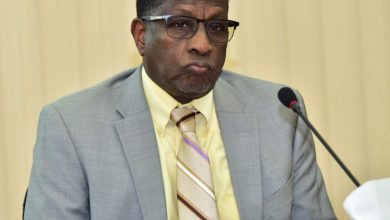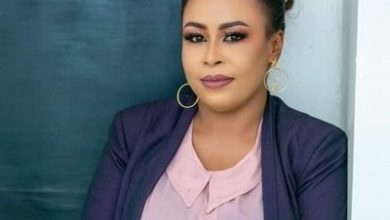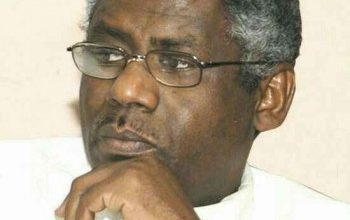The Constitutional Conference… Dialogue issues

By: Mohammad Wadaa
The Constitutional Conference, or the National Constitutional Conference, is a slogan agreed upon by all political, civil, and native forces. This idea was presented publicly for the first time in an article by Professor Mohammad Ali Jadain, head of the Sudanese Baath Party, may God have mercy on him, after the announcement of the September laws in year 1983, and the year 1984 witnessed the announcement of the late Dr. John Garang, head of the Sudan People’s Liberation Movement (SPLM), embracing the idea, and politicians, writers, and intellectuals addressed it with research and analysis, until the Islamist coup in June 1989 blocked the way for it. This project was renewed at the Asmara Conference on Crucial Issues in 1995, and it was adopted by the Alliance of Consensus Forces. The National Front and the Sudan Call Alliance, and the armed movements approved it after they joined Sudan Call at the Paris Conference in 2016. The slogan regained its vitality after the glorious December Revolution, so it was stipulated in the 2019 Constitutional Document, and the transitional government, headed by Dr. Hamdouk, but several parties intervened and obstructed its convening, and then it was mentioned in the (Burhan-Hamdouk) agreement signed in November 2021. The bottom line is that holding the constitutional conference is the best way to resolve the differences of the Sudanese, and unite them behind a national project for the Sudanese state, leading to a permanent constitution and a social contract that opens the way to achieving sustainable peace and building the modern Sudanese state. This conference was approved by all Sudanese components without exception. Ironically, the commitment to holding the constitutional conference was stipulated in the constitution for the management of lawyers, and in the draft framework agreement.
The People of Sudan document was consistent with the legacy of the adoption of the Constitutional Conference, stressing that national consensus, at a minimum, is achieved through comprehensive Sudanese-Sudanese dialogue without exclusion, which is the only possible option for national consensus and reconciliation without external interference, and headed by a national committee of Sudanese figures known for their competence and integrity. The transitional period should be a constituent period to address the roots of the Sudanese crisis through the Constitutional Conference to resolve the issues of the system and form of government, identity, the social contract and consensus on a permanent constitution for the country to be approved through a popular referendum.
The Sudanese-Sudanese Dialogue Conference is considered the founding authority to establish constitutional arrangements for managing the transitional constituent period for the post-war period and the transition to the path of democratic civil rule, provided that the Sudanese-Sudanese dialogue begins with consultative forums to build confidence and approach between the parties to agree on the main issues, and agree on the national project that is accepted by all the people of Sudan.
Holding the National Constitutional Conference provides a conducive environment for formulating the national project, which represents the minimum political, social and cultural program agreed upon by all political, civil and native forces. One of the most important reasons for the success of the conference, in addition to good preparation through a preparatory committee agreed upon and the conference presidency mechanism, is arranging the agenda. The proposal for the Constitutional Conference remains the most important, and it is possible to agree on the main titles of the dialogue issues, including (the Constitutional and Legal Reform Commission, writing the permanent constitution, defining the system of government, how to govern Sudan, the relationship of religion and the state, wealth and power, issues of sustainable peace, the economic system, truth and reconciliation, transitional justice, political reform, security and military reform, the electoral system and the electoral commission, parliamentary practice, the role of unions), and any other major issues as decided by the preparatory committee, agreeing on the regulations organizing the conference’s work (the time, the place, meetings, and decision-making mechanism). The preparatory committee can be formed through a workshop in which the main parties participate. It can also be independent and neutral.
The Constitutional Conference is its own master, determining its agenda and how to agree on it.
May 19, 2024


